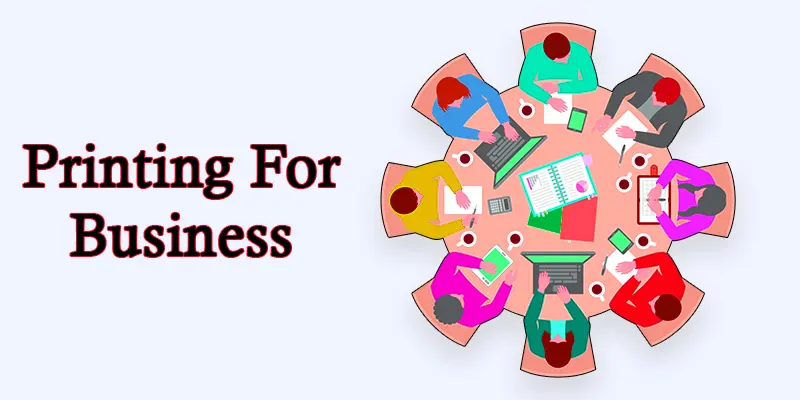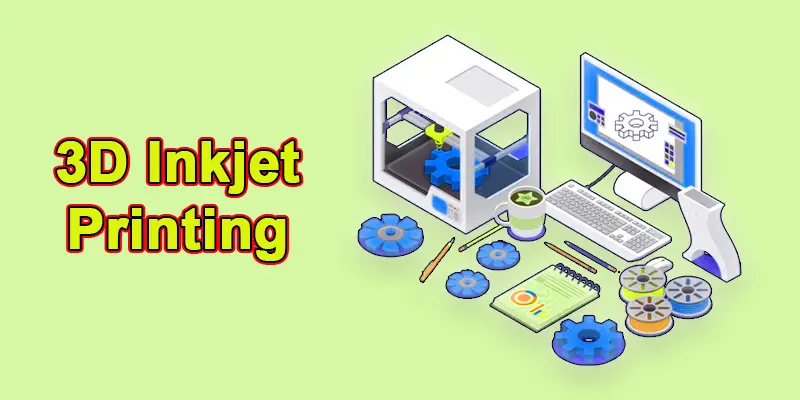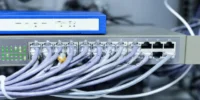Importance of Printer: Essential for Home, Office, and Creativity
Published: 21 Mar 2024
Importance of a Printer
Did you know that even in today’s digital world, printers play a crucial role? Why are they still important when everything seems to be going online? A reliable printer saves you the hassle of last-minute trips to print shops, providing convenience at home or work. From printing essential documents to preserving special memories, they bridge the gap between digital screens and the physical world, making life more efficient and stress-free.
Importance of the Printer
Printers play a vital role in transforming digital content into physical form, making them indispensable tools for both personal and professional use.
- Communication
- Documentation
- Educations
- Creativity
- Productivity
- Marketing
- Business Operations
- Scanning
- Copying
- Document Preparation
Communication
Printers play an important role in communication by transforming digital content into physical form, enabling distribution, enhancing comprehension, and facilitating various forms of expression and interaction.
Documentation
Documentation is vital in facilitating communication, preserving knowledge, ensuring compliance, and supporting various organizational processes. It is important for maintaining efficiency, accountability, and effectiveness in diverse contexts.
Educations
Printers are vital in facilitating teaching, learning, and educational administrative processes. They are used in schools, colleges, and universities to print study materials, assignments, exams, and educational resources.

Creativity
Printers play a vital role in stimulating creativity and innovation across various disciplines, providing artists, designers, educators, and writers with the tools they need to bring their creative ideas to fruition.
Productivity
Printers enhance productivity by enabling efficient document management, collaboration, workflow optimization, professional communication, training and development, customer service, regulatory compliance, marketing and sales efforts, and archiving and record-keeping practices within organizations.
Marketing
Printers are crucial marketing tools, enabling businesses to create visually appealing, targeted, and impactful marketing materials that drive brand awareness, engagement, and sales.
Business Operations
Printers support day-to-day operations in businesses, offices, and organizations by printing documents, forms, and communications. Business operations are essential for organizations to achieve their objectives, maintain competitiveness, and adapt to changing market conditions.

Scanning
Scanning is a vital feature of modern printers that converts physical documents into digital files. It ensures easy storage, sharing, and editing while reducing the need for bulky paper records. Whether it’s archiving old photos or sending important documents, scanning simplifies the process efficiently.
Copying
Copying is a quick and convenient way to duplicate important documents, ensuring you always have extra copies when needed. Whether for office tasks, school projects, or personal use, it saves time and effort by producing exact replicas instantly.
Document Preparation
Document preparation involves creating and organizing materials for presentations, meetings, or events. Printers play a crucial role by producing polished, professional documents, ensuring everything is ready for seamless communication and effective collaboration.

Conclusion about the Importance of Printers
Printers are indispensable tools that support tasks like scanning, copying, and document preparation, making daily activities more efficient and organized. We recommend choosing a printer that matches your needs, whether for home, office, or creative projects, to maximize convenience and productivity. Ready to upgrade your printing experience? Explore reliable printer options today and streamline your workflow effortlessly!
FAQS – Printer Importance
How to information about computer printer?
To find information about a computer printer, refer to the manufacturer’s website, user manual, or online guides. You can also look up reviews and tutorials on websites or forums dedicated to technology.
Working of printer?
Printers receive digital data from a computer or other devices, process it, and transfer it onto paper using ink or toner.
7 steps of block printing?
Block printing typically involves seven steps: designing the block, carving the design into the block, applying ink or dye to the block, pressing the block onto paper or fabric, repeating the process, drying the print, and fixing the print with heat or other methods.
Why printer is more important nowadays?
Printers are indispensable tools in personal and professional settings, supporting various activities, functions, and needs in today’s digital age. Printers remain relevant and valuable tools for work, education, creativity, or communication for individuals and organizations.

- Be Respectful
- Stay Relevant
- Stay Positive
- True Feedback
- Encourage Discussion
- Avoid Spamming
- No Fake News
- Don't Copy-Paste
- No Personal Attacks

- Be Respectful
- Stay Relevant
- Stay Positive
- True Feedback
- Encourage Discussion
- Avoid Spamming
- No Fake News
- Don't Copy-Paste
- No Personal Attacks





